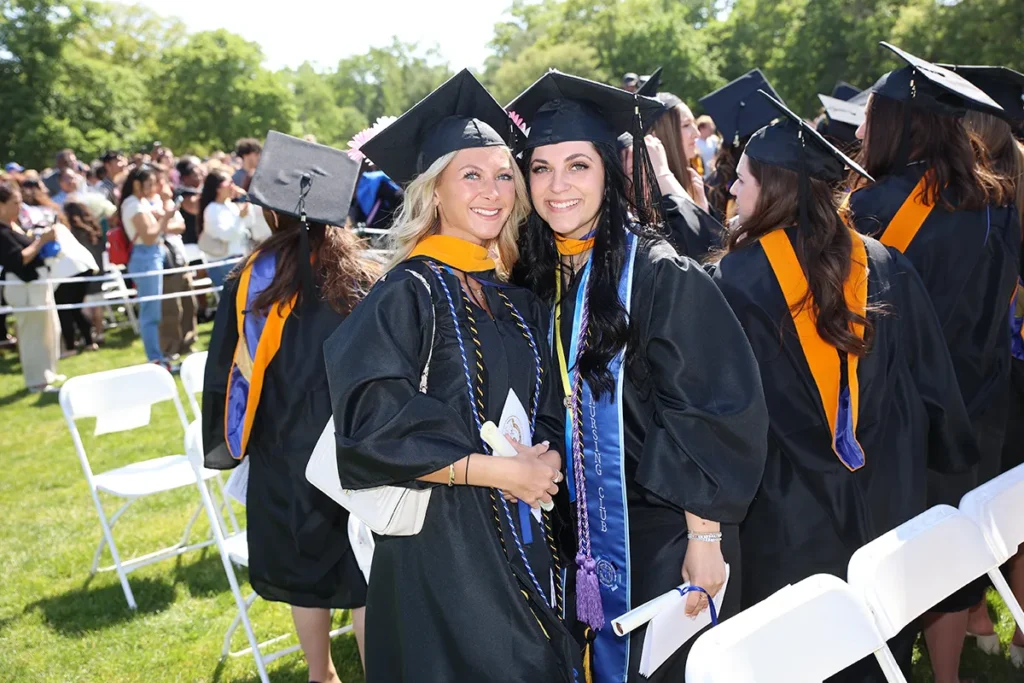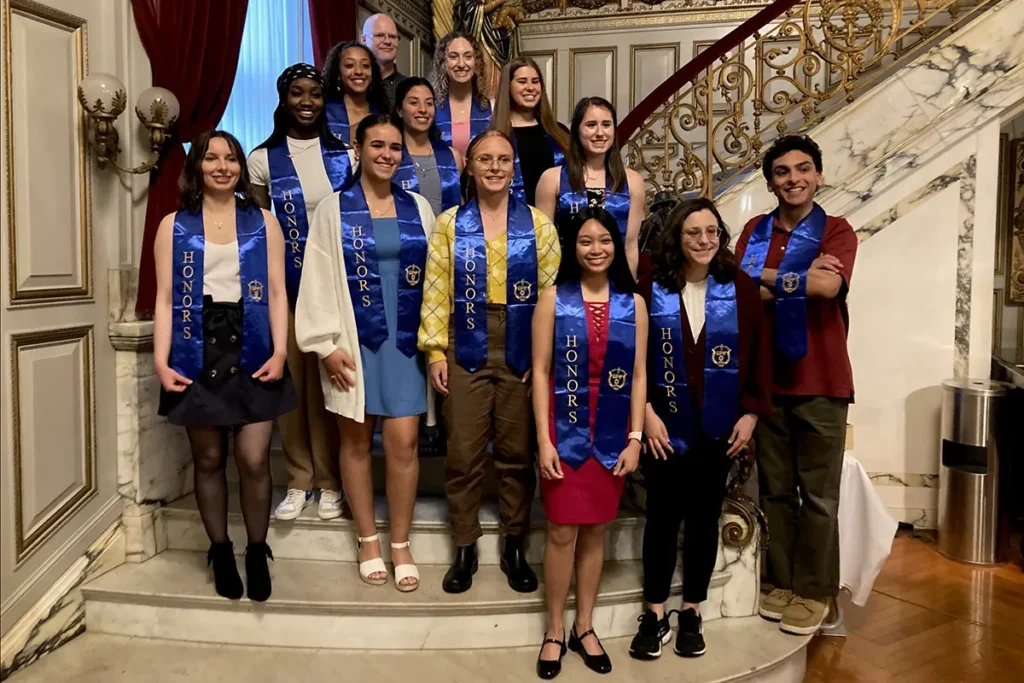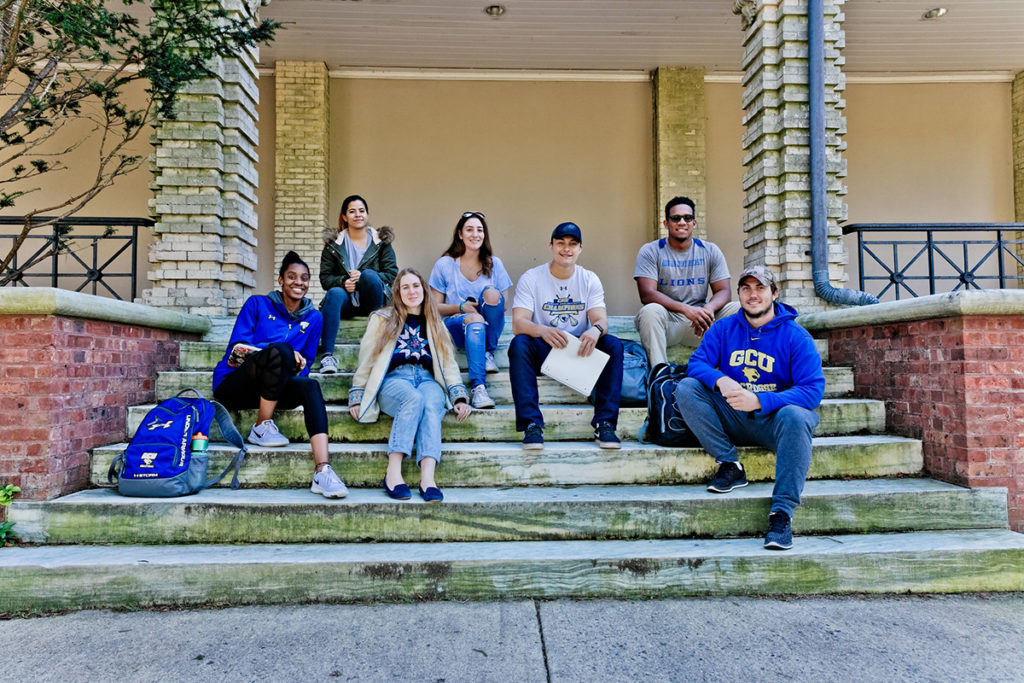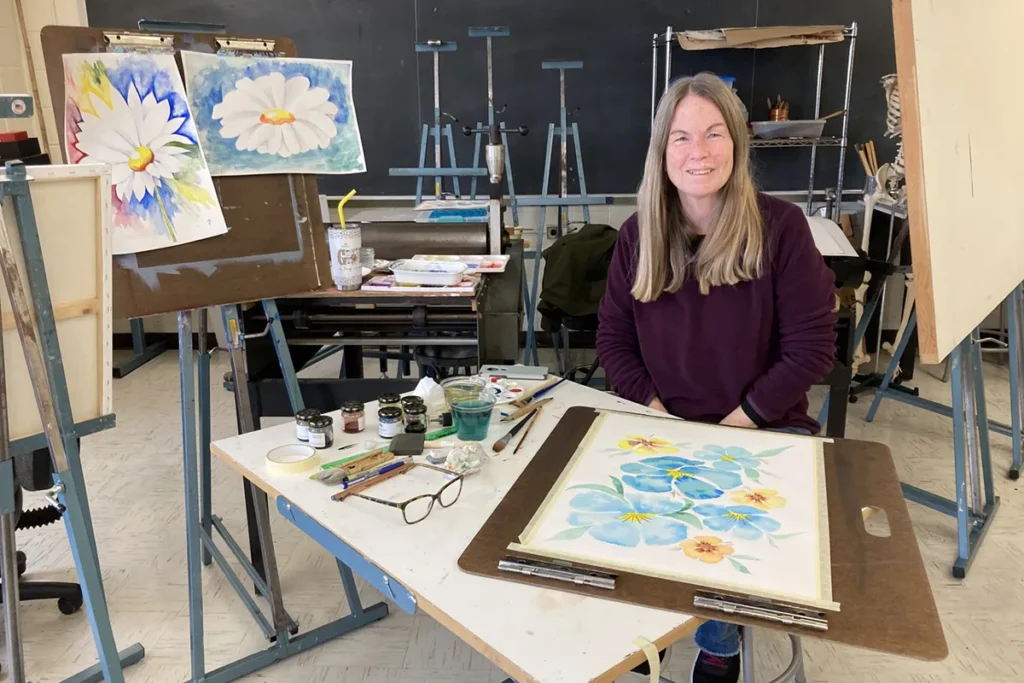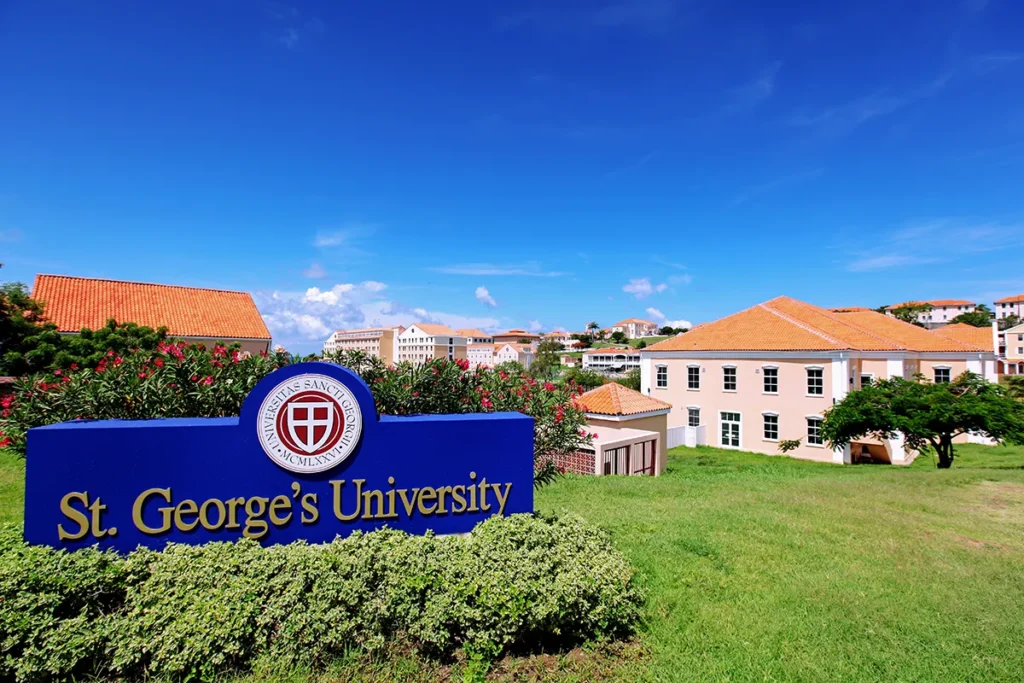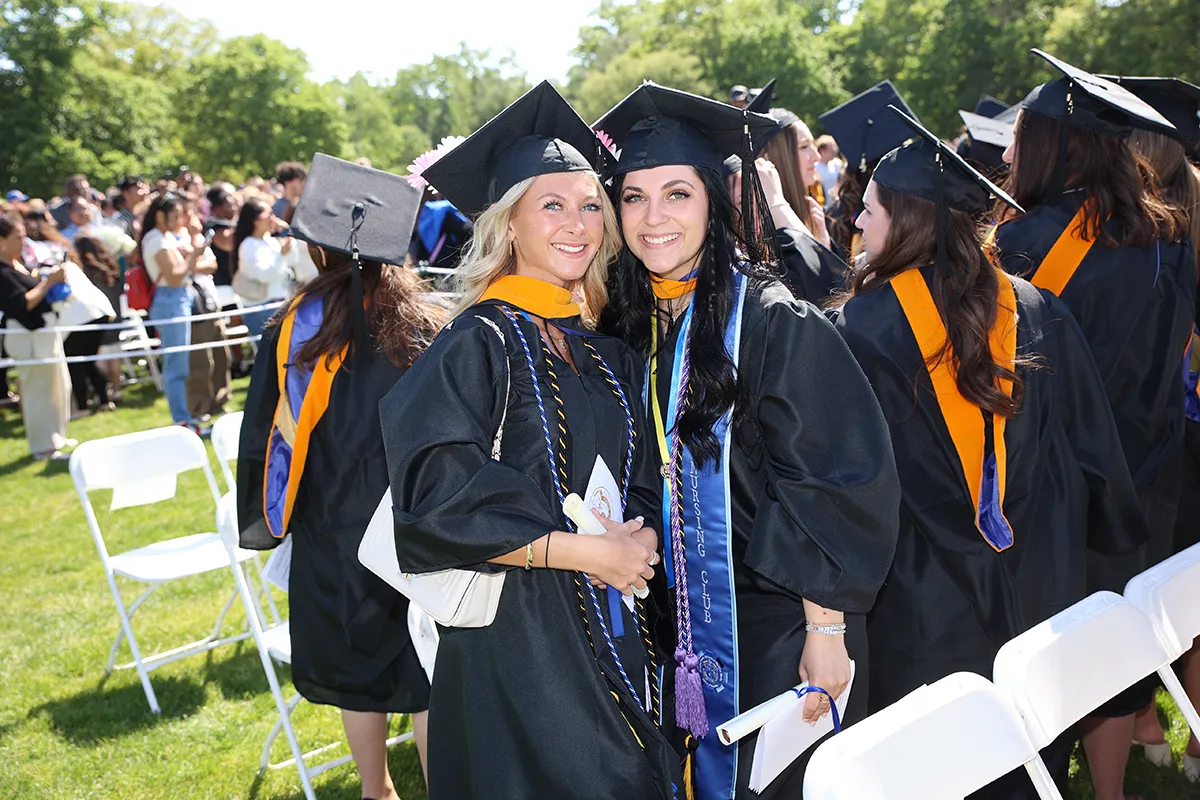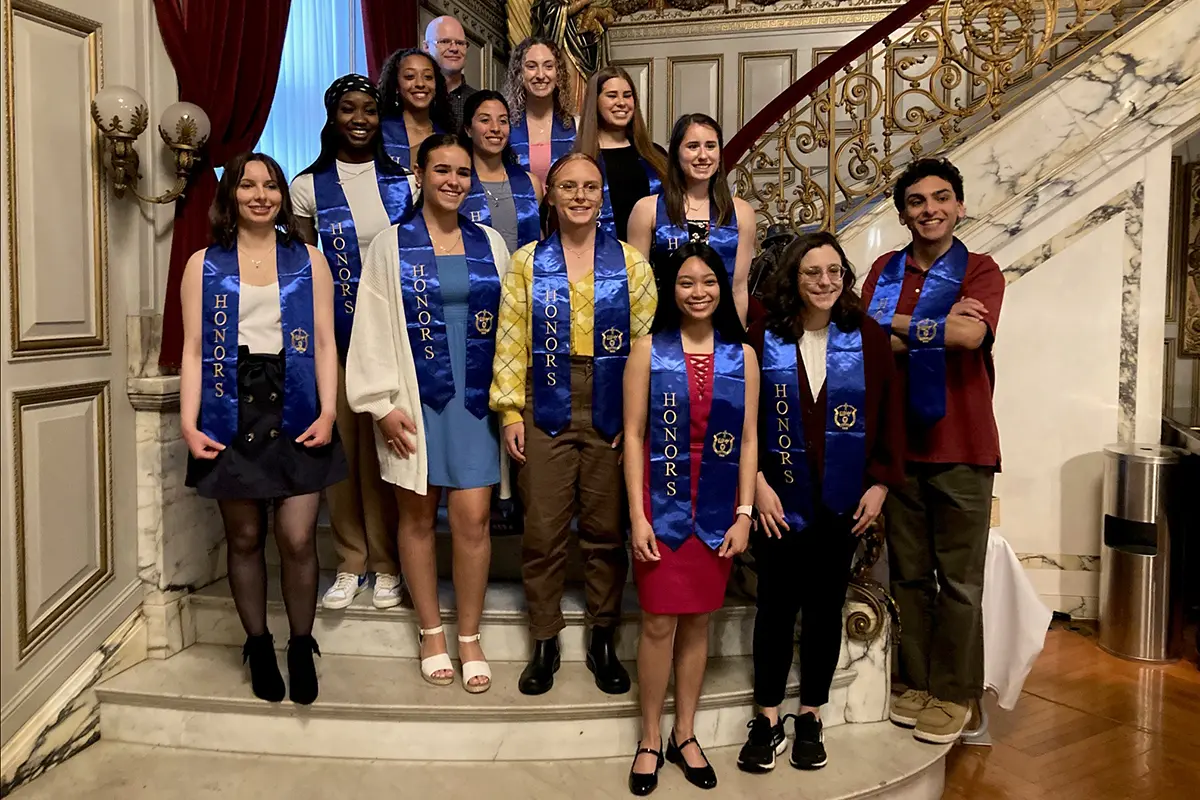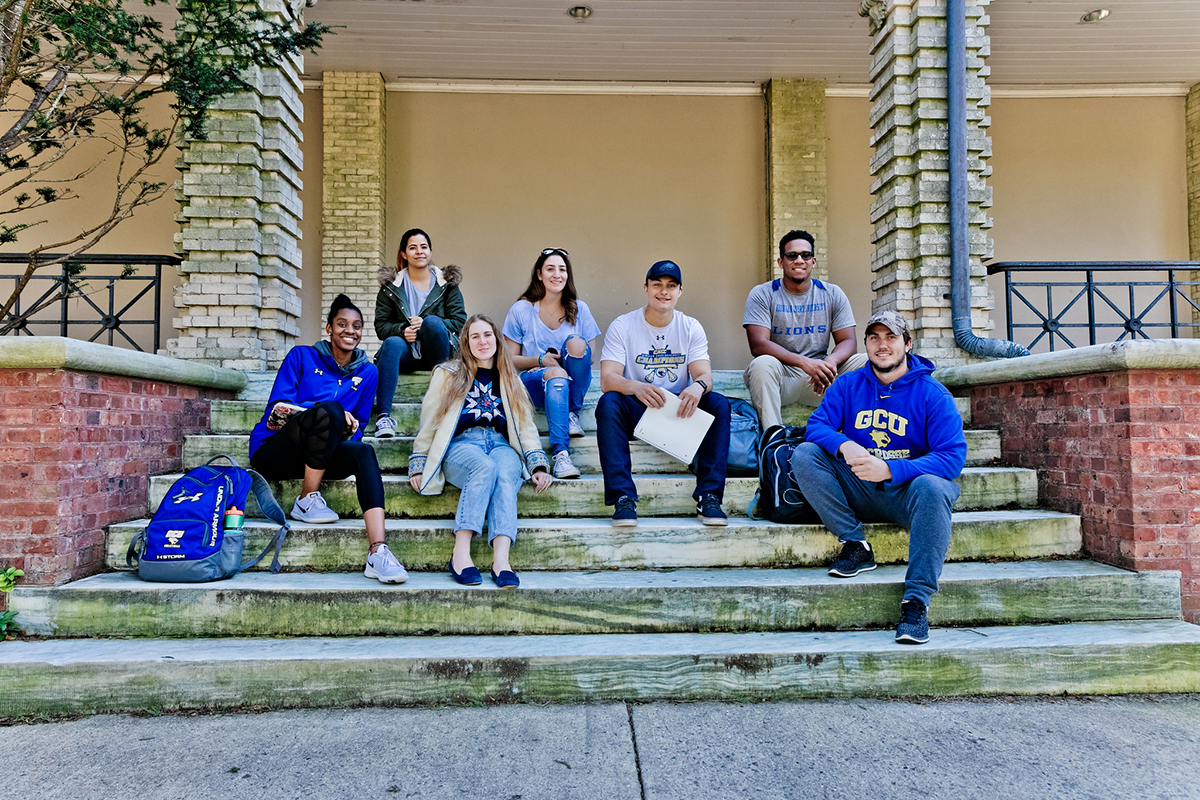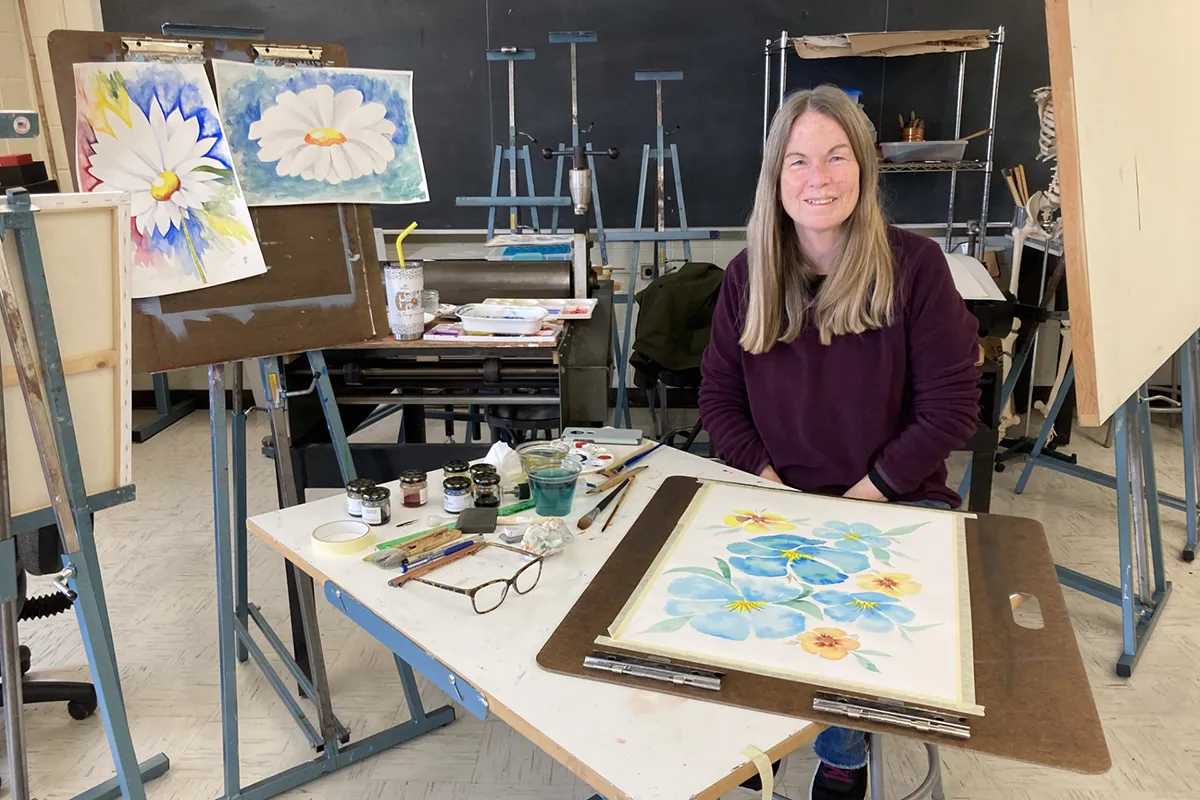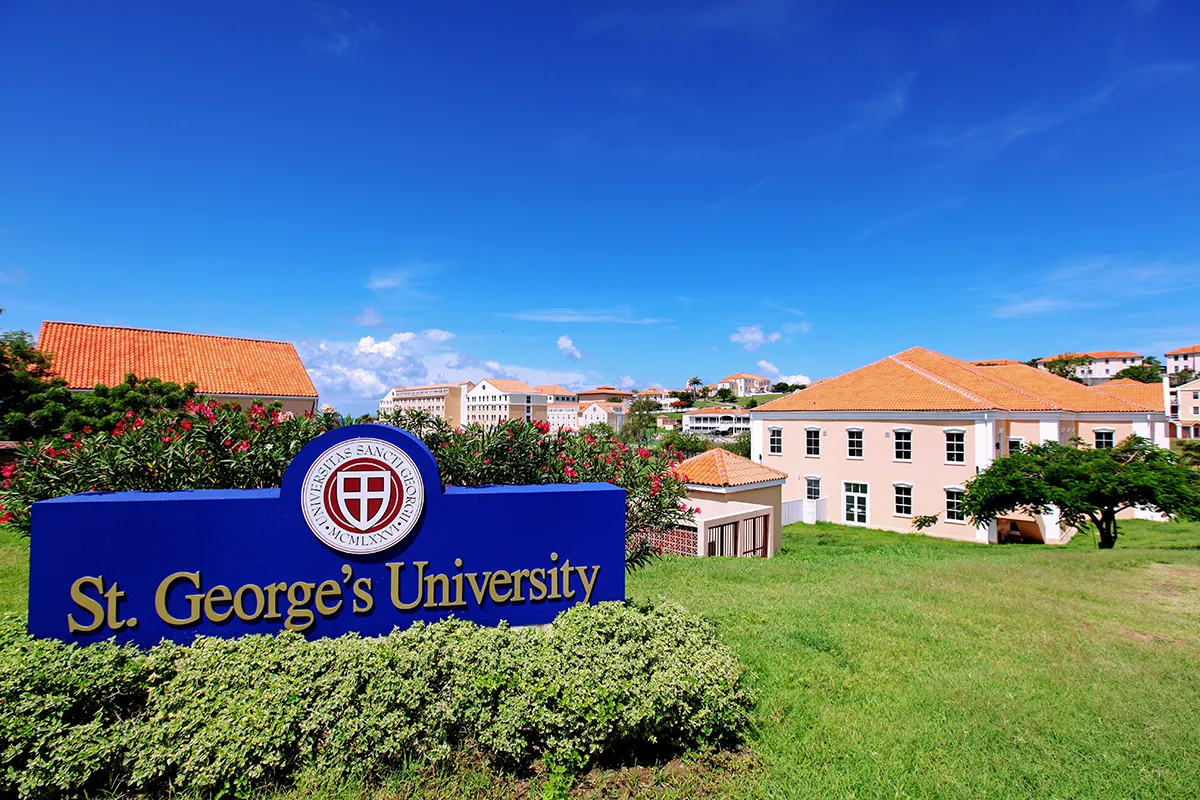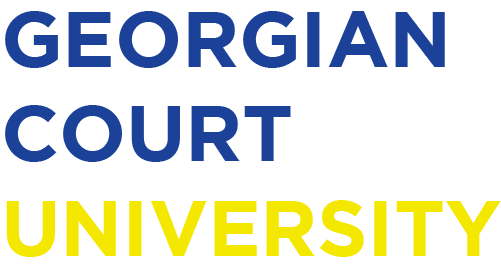IN CRISIS? Free, immediate and confidential help for you available through the crisis text line, just text START to 741-741. If you, or anyone you know, needs the suicide prevention lifeline, please call 1-800-273-TALK (8355), or dial 988 to reach the Suicide & Crisis Lifeline.
College is a lot of fun, but many students find it stressful. In fact, a recent survey by TimelyMD found that 71 percent of college students reported currently experiencing some form of mental illness, such as stress, anxiety, or depression. The good news is that 70% of students said their institution was able to help meet their emotional needs through the school’s mental health services.
The Georgian Court University Counseling Center is fully committed to providing resources that will help students tackle any issues that might impact their overall well-being and academic success. The Counseling Center is fully accredited by the IACS (International Accreditation of Counseling Services) through 2034 and is one of only four N.J. centers with this accreditation.
Although it might seem overwhelming at first, counseling is an amazing tool that can benefit you on a daily basis. Whether it’s test anxiety, relationship anxiety, family issues, or learning about time management and other helpful skills, the counseling center is ready to welcome you with open arms and help you become the very best version of yourself.
“You don’t need to be in crisis to utilize our services,” said Julie Bond, MA, LMFT, a licensed therapist at the Counseling Center. “Mental and emotional wellness is a large piece of our overall wellbeing. Learning to practice skills that improve things like sleep hygiene, time management, tolerating distress, and emotional regulation are critical to maintaining physical health and academic performance.”
The Counseling Center works hard to break down the stigma of mental health and remove barriers to make sure students are aware of the many different services they offer. “They need to know we’re here, where we are, that we’re approachable, and that this is a confidential, safe place for them to come to,” said Jeannette Orlando, the Counseling Center Administrative Assistant who is one of the first friendly faces students will see when they arrive.
Students having access to mental health services is more important today than ever before.
“As we enter the post-pandemic era, I think we’re all struggling to figure out ‘What happened?’ and ‘What’s next?’, explained Bond. “This became especially clear for our university population who have been affected by loss—of loved ones, memorable moments, consistency—experienced isolation and a decrease in academic rigor. And now they’re expected to jump right back in and succeed—it’s a hard ask. No wonder we’ve seen an increase in depression, anxiety and the general questioning attitude of ‘What’s the point?’ ‘Why am I even in school?’ ‘What am I doing here?’”
Counseling centers have become an integral part of a successful collegiate experience. A study by Penn State University’s Center for Collegiate Mental Health, reported in Higher Ed Dive, found that “counseling centers serve a critical role in supporting colleges’ academic mission as they routinely work with students experiencing a diverse array of complex issues,” and “students are more likely to stay enrolled when they improve during counseling services.”
“Once students are here, they get a good taste of who we are as people and the work that we do, so we keep them,” said Robin Solbach, Psy.D., Director of Health and Counseling and one of the licensed professionals in the Counseling Center. “When you see somebody that you’ve known as a freshman and were told they’re never going to make it, and then you see them walk across that stage—that’s just a good day.” She added, “I am amazed and humbled by what these students carry and still get up in the morning and want to do better for themselves.”
The Counseling Center is versatile and flexible, offering a variety of services to students that include individual counseling, group counseling, and creating programs and workshops for student groups or even groups of friends. There are five licensed mental health professionals on staff and a consulting physician (a GCU alumna) who can see students who are taking, or may benefit from, prescription anti-depressants or anti-anxiety medications. The Counseling Center also has an extensive referral network for outside services and programs and medical professionals.
The Counseling Center obtained a number of grants to provide additional resources for students, as well as faculty and staff after COVID, including funding an additional part-time psychologist to work specifically with non-traditional students, which include first-generation college students, international students, graduate students, adult returning students, and others.
“We have always been a university with a special concern and emphasis on providing opportunities for students who otherwise wouldn’t be here,” said Solbach. “We have a healthy number of first-generation college students and there’s always been a learning curve because these students don’t have anybody in their family who’s walked this walk before—and families don’t exactly know how to be helpful to their new college student.”
The Lion’s Roar program is a grant-funded program for graduate and non-traditional students. The program aims to increase holistic well-being through psycho-education, additional resources, and support using an on-demand platform tailored to best meet the needs of busy students.
Mental Health First Aid, another grant funded program, is available to all students, faculty, and staff. Counseling Center staff are certified trainers who conduct training on mental health first aid for students, staff, and faculty to help participants learn skills to help them respond to a crisis.
Uwill is a fully online source for mental resources and is accessible to anyone with a GCU email. Uwill offers modules on mediation, journaling, anxiety, sleep hygiene, substance abuse, financial management, job interview skills, and more. The GCU community is strongly encouraged to take advantage of these amazing resources. “We got a Ferrari and we’re not taking it out of the garage,” said Sobalch.
The Counseling Center leads the way when it comes to finding ways to improve the health of the entire campus community, including launching NJ QUITS a project to help students quit smoking/vaping and create a smoke-free campus environment. They also offer wellness tips and tools on their new Instagram page, @gcucounselingcenter, that can be accessed anytime to help you face the day—especially on those days when even getting out of bed can seem like a challenge.
The end of each semester features a campus-wide Stress Less Fair to give students fun and creative ways to relax and de-stress before finals including access to therapy dogs, art projects, yoga, games, and even a meditative labyrinth.
The reach of the Counseling Center also extends to various campus departments including athletics, EOF, TRIO, and New Seminary, to offer training and informational programs to faculty and staff to increase awareness of mental health issues and warning signs, and offer special support programs for these students.
When it comes to confidentiality, the Counseling Center follows all N.J. laws. What’s said in counseling, stays in counseling, with the exception of being a danger to yourself, danger to others, and child abuse. If you’re over 18, by law the licensed professionals cannot speak to parents. Students are also given an informed consent form after having a clear conversation that explains confidentiality.
The array of resources available to students is endless. They just need to take that first step: make a call, send an email, or stop by the Counseling Center to take advantage of them.
The Counseling Center is located in room 218 on the second floor of the Casino and is open from 8:30 a.m. to 5:30 p.m. Monday through Friday. Appointments can be made in person, via phone at (732) 987-2680, or by email at counselingcenter@georgian.edu.


